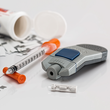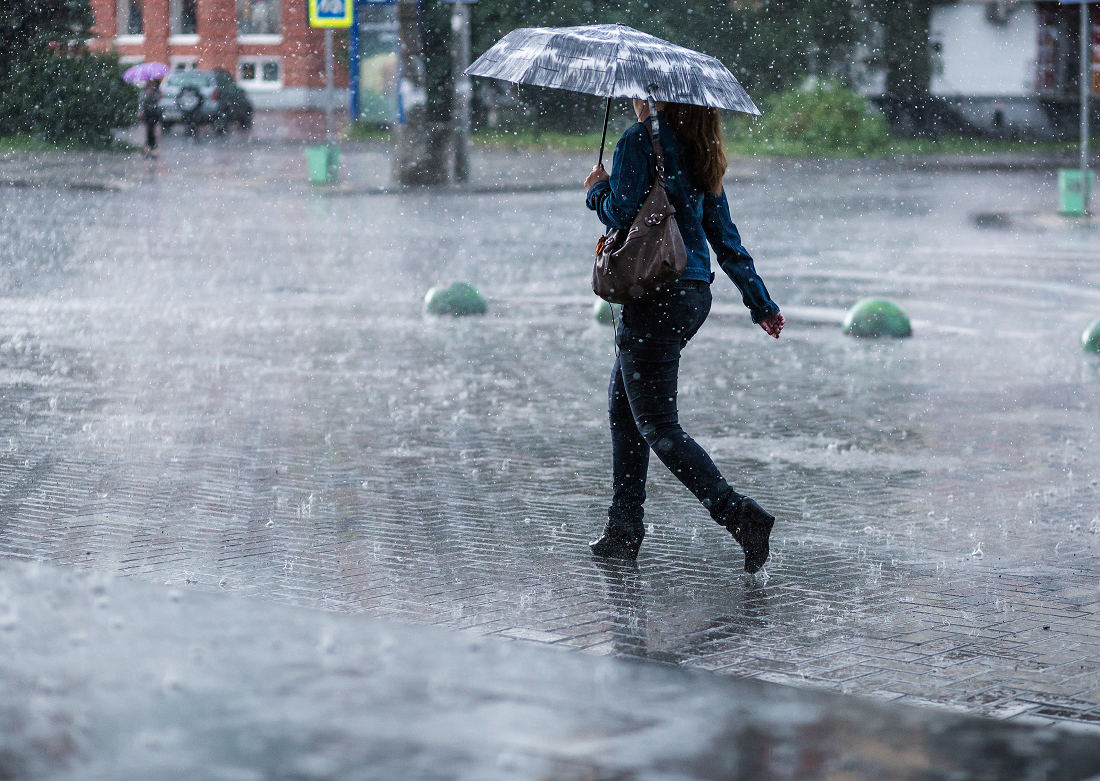Resources following Hurricane Beryl
In the wake of Hurricane Beryl, many people in the community may be experiencing challenges such as damage to their homes and property and lack of power while others may consider themselves fortunate but want to assist those in need. Below you will find a list of resources.
Community assistance
Mental health resources
- Faculty and staff: Visit the Human Resources Employee Assistance Program or call 1-800-622-7276.
- Students in all of our schools: Visit AcademicLiveCare.
- Student and House Staff Mental Health Service: Call 713-798-4881.
- Any member of the BCM Community: Call 866-342-6892.
- Call or text 800-985-5990 for crisis counseling from SAMHSA’s Disaster Distress Helpline.
Other resources
- Call 311 for debris pickup, transportation and other city services.
- Call 211 or 877-541-7905 for information on Texas disaster and social services, including local mental health care resources.
- Call 800-252-3439 for insurance-related questions from the Texas Department of Insurance, and see more recovery tips from them here.
- Check the Metro website for information about service delays.
- See a list of cooling stations here.
Hurricane Season
The following resources can show the risk your area may have for flooding.
- Harris County Flood Warning System
- River Water Predictions
- National Hurricane Center
- Ready Harris
- National Weather Service
- Space City Weather
Severe weather emergencies can happen at any time and often strike quickly. Being prepared for inclement conditions and natural disasters will go a long way in helping to keep yourself and others safe.
Your medical hurricane prep checklist
Baylor College of Medicine experts share advice on how to stay prepared throughout the season.

Weathering the storm: focus on your mental health
A Baylor College of Medicine expert explains the behavioral challenges people endure as a result of natural disasters.

What’s in your hurricane kit?
Preparing for hurricane season is essential for everyone in storm-prone areas, but preparation is especially important for those with chronic health conditions, such as diabetes.

Know your evacuation zone and route
If you live in the Greater Houston area, find out if you are in an evacuation zone and view your potential evacuation route via the City of Houston Office of Emergency Management.

Stay informed
The Department of Homeland Security's website offers resources and tips for everything from preparing your home to planning for how to stay in touch with family members.

Preparing for hurricanes
The Red Cross offers tips on how to keep your home and family safe during a hurricane.
Crisis Information
Read the following list to stay updated on school closures, public transit changes or cancellations, and city of Houston emergency alerts.
- Call (713) 798-4444 for the College Emergency Information Line. A recorded announcement will provide important updates on the situation.
- Check local media stations, websites and social media for information on school closures.
- Check the METRO website for transit updates.
- Visit the city of Houston's Emergency Operations Center website for emergency alerts.
- Keep up with HISD office and school closures.
County Emergency Management Departments
Below is a listing of emergency management websites for nearby counties in Texas:
Brazoria County
Chambers County
Fort Bend County
Harris County
Montgomery County
Victoria County
Walker County
Emergency Numbers
- Life-threatening emergency call 911
- For a medical emergency call 211
- Non-emergency, or to report debris or flooding: 311 or (713) 884-3131
- If you need to be rescued call (281) 238-3430
- United States Coast Guard: (281) 464-4800
- Report downed power lines: (713) 207-2222
How To Help
- American Red Cross: text 90999 to donate $10
- United Way of Greater Houston (online donation)
- United Way Flood Relief Fund: text UWFLOOD to 41444 to donate
- Call the Houston Fire Department at (713) 305-3789 to lend your boat to rescue efforts
- SPCA of Texas (animal shelter)
- Donate to the Feeding Texas food bank
Freezing Weather
Here is a short list of things you might consider. Anticipating that ERCOT (the electrical generation management for Texas) has taken the precautions to keep the power on, the following should help.
- Open your cabinet doors below any sink on the outside wall. This is most likely your kitchen but could also be bathrooms or laundry rooms
- Keep a small “trickle” of water (both hot and cold) running in each sink. Having some water movement in your pipes makes it harder for them to freeze
- Flush your toilets occasionally (every 4 to 6 hours) to have some water movement in the supply pipes
- Move plants in pots inside either your house or garage. Keep the light on in the garage to provide a little heat (use an incandescent light bulb if you have any)
- Keep your pool pump running. Moving water through the pump and pipes will help keep them from freezing
- Keep your house a little warmer than you might otherwise. This will provide a little cushion in case you lose power
- Make sure your fireplace damper is closed. Fires in the fireplace are net negative heat sources as the hot air going up the chimney is replaced by freezing air from outside
- If you have roof vents, which you probably do, make sure they are covered. Examples are “roof turbines” on your roof, vents on the underside of your roof overhangs, and ridge vents
- Turn off and drain your yard sprinkler system if possible. “Pop-up” heads are very likely to freeze if they are not completely buried (most likely in flower beds)
- Make sure you know where your water supply valve to the house is located. Worst case, there is a shut-off valve at the water meter. Be sure you have the tools to shut the valve in case you do have a pipe freeze
Frozen, broken pipes do not leak until they thaw. So be mindful if you have a faucet that does not have any water flow that on Saturday when we get above freezing, you may have a water leak, so be prepared in order to minimize the amount of damage a water leak can cause.








